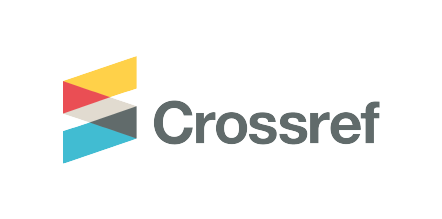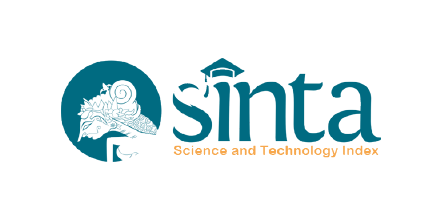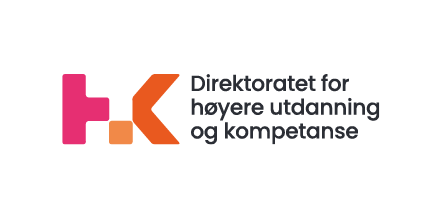Comparative Study of Competency and Certification of Special Education Teachers in Indonesia and Another Various Country
DOI:
https://doi.org/10.21776/ub.ijds.2019.007.01.5Keywords:
Special Education, Competency, CertificationAbstract
The teacher is a professional teaching profession with the main responsibility of educating, teaching, guiding, directing, training, assessing, and understanding students. Teachers are the main pillars in ensuring the quality of education in each country. Therefore teachers are required to be professional by fulfilling certain competencies and getting recognition as educators through teacher certification. Educator certificates given to teachers who have fullfill professional teacher standards, referred to through teacher certification, can be understood teacher eligibility in relation to learning agents who can realize the goals of national education. Knowing the importance of creating a professional teacher, so the writer will explain about the competencies and certification systems of special education teachers that developed in Indonesia, Germany, Norway, Singapore, the United Kingdom, and the Netherlands. Through this consideration, it can be seen differences of opinion and differences in systems that can be used to be considered in improving the quality of national education. The research method used is descriptive qualitative method by describing the conditions relating to the competence and certification systems of special education teachers in several countries. Data collection techniques using document review.References
Bautista, Alfredo., Wong, Jianne., Gopinathan, Saravanan. (2015). Teacher Professional Development in Singapore Depicting the Landscape. Psychology, Society, & Education. 7 (3) : 311-326.
Disas, E. P. (2017). Analisis kebijakan pendidikan mengenai pengembangan dan peningkatan profesi guru. Penelitian Pendidikan, 17(14), 158-166.
Besutner, M & Pechuel, R. (2017). Education and Educational Policy in Germany. A Focus on Core Developments Since 1944. Italian Journal of Sociology of Education, Vol. 9(2), 9-24)
https://www.european-agency.org/sites/default/files/Teacher-Training-in-Norway.pdf
How to become a special needs teacher https://www.randstad.co.uk/career-advice/career-options/how-to-become-a-special-needs-teacher/, accessed at Sunday, December, 22nd2019, 19.00 WIB
Rizali, A. (2009). Dari Guru Konvensional Menuju Guru Profesional. Jakarta: Grasindo.
Sujanto, B. (2009). Cara Efektif Menuju Sertifikasi Guru. Jakarta: Raih Asa Sukses.
Susanto, A. (2016). Manajemen Peningkatan Kinerja Guru Konsep, Strategi, dan Implementasinya. Jakarta: Prenada Media Group.
Suyanto., Jihad, A. (2013). Menjadi Guru Profesional: Strategi Meningkatkan Kualifikasi dan Kualitas Guru di Era Global. Jakarta: Esensi Erlangga Group.
Syamsuri.,A, Nurdin. (2016). Profesionalisme Guru Pascasertifikasi. Jurnal Equilibrium Pendidikan Sosiologi. Vol. 4(2), 154-163.
Taufik, Y. (2016). Sertifikasi untuk Meningkatkan Profesionalisme Guru. Naturalistic. Vol. 1(1), 96-104.
The State of Education in the Netherlands. (2014). The dutch inspectorate of education. https://english.onderwijsinspectie.nl/binaries/onderwijsinspectie_eng/ documents/annual-reports/2014/09/11/the-state-of-education-in-the-netherlands-2012-2013/the-state-of-education-in-the-netherlands-2012-2013.pdf.
Undang-Undang Nomor 20 Tahun 2003 tentang Sistem Pendidikan Nasional.
Undang-Undang Nomor 14 Tahun 2005 tentang Guru dan Dosen. Yogyakarta: Pustaka Pelajar.
Wardan, K. (2019). Guru Sebagai Profesi. Yogyakarta: Deepublish.
Downloads
Published
How to Cite
Issue
Section
License
Copyright (c) 2020 Yumna Nur Fildzah

This work is licensed under a Creative Commons Attribution-NonCommercial 4.0 International License.















